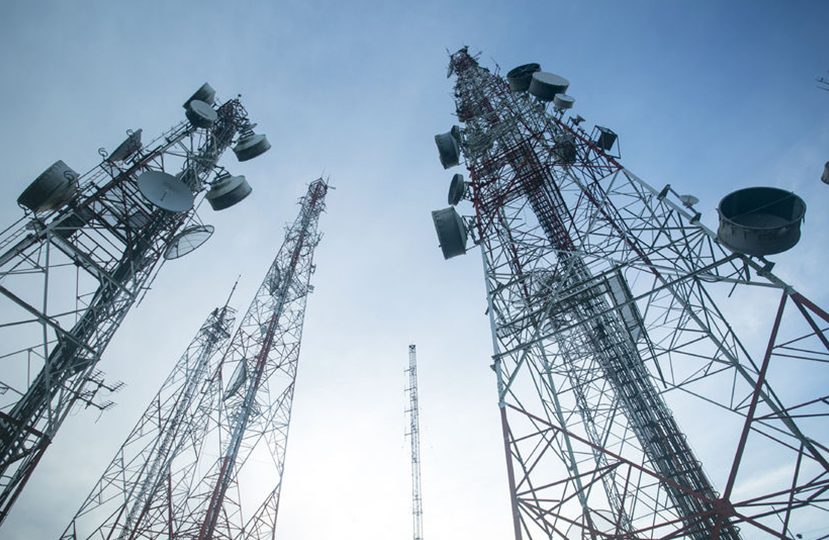The Nigerian Civil Aviation Authority (NCAA) has threatened to pull down over 7,000 telecommunication masts and towers belonging to Globacom Limited and other Global System for Mobile Communications[GSM] providers across the country, over Aviation Height Clearance (AHC).
The aviation industry had written letters – The spokesman said several letters and entreaties were sent to the GSM providers from the NCAA, but were not responded to despite the fact they were duly received/acknowledged by the relevant executives.
They gave an ultimatum – While disclosing this on Tuesday, the NCAA spokesman, Sam Adurogboye, said the operators have 30 days to get the AHC or the telecom masts will be pulled down.
Reason for the threat
Adurogboye, stated that the NCAA has decided to take this action because the telecommunication providers had failed to heed to warnings and pleas to obtain the statutory Aviation Height Clearance (AHC).
”Furthermore, the Nigeria Civil Aviation Regulations (Nig.CARs) Part 12.1.7.1.3.1 stipulates that No person or organisation shall put up a structure (permanent or temporary) within the navigable airspace of Nigeria unless such a person or organisation is a holder of Aviation Height Clearance Certificate granted under this Regulation.
“Consequent upon this provision, the Regulatory Authority requires an Aviation Height Clearance (AHC) approval for every tower installation irrespective of the height and location.”
The masts pose risks to air travel – The height and position of some of the telecommunication masts could poses serious safety risks to aviation and air travel.
ALTON’s reaction to this
The Association of Licensed Telecommunications Operators of Nigeria (ALTON), said the NCAA’s threat wasn’t a good idea as it would be putting the national security at risk.
The chairman of ALTON, Gbenga Adebayo, said it was never agreed that the AHC would be obtained yearly, seeing as the heights of the masts do not increase year on year.
An over-view of the NCAA
Nigerian Civil Aviation Authority is the regulatory body for aviation in Nigeria. It became autonomous with the passing into law of the Civil Aviation Act 2006 by the National Assembly and assent of the President of the Federal Republic of Nigeria.
The Act not only empowers the Authority to regulate Aviation Safety without political interference, but also to carry out oversight functions of Airports, Airspace, Meteorological Services, etc as well as economic regulations of the industry.











